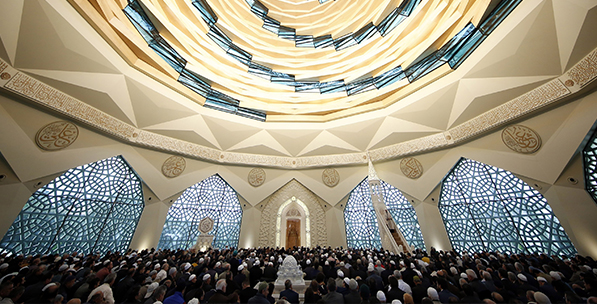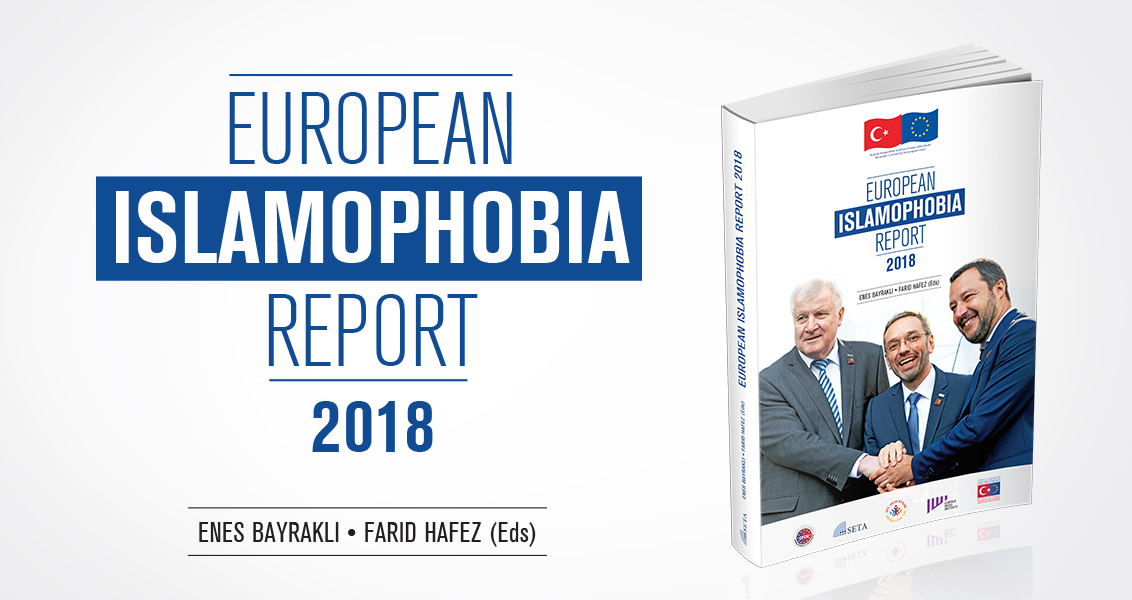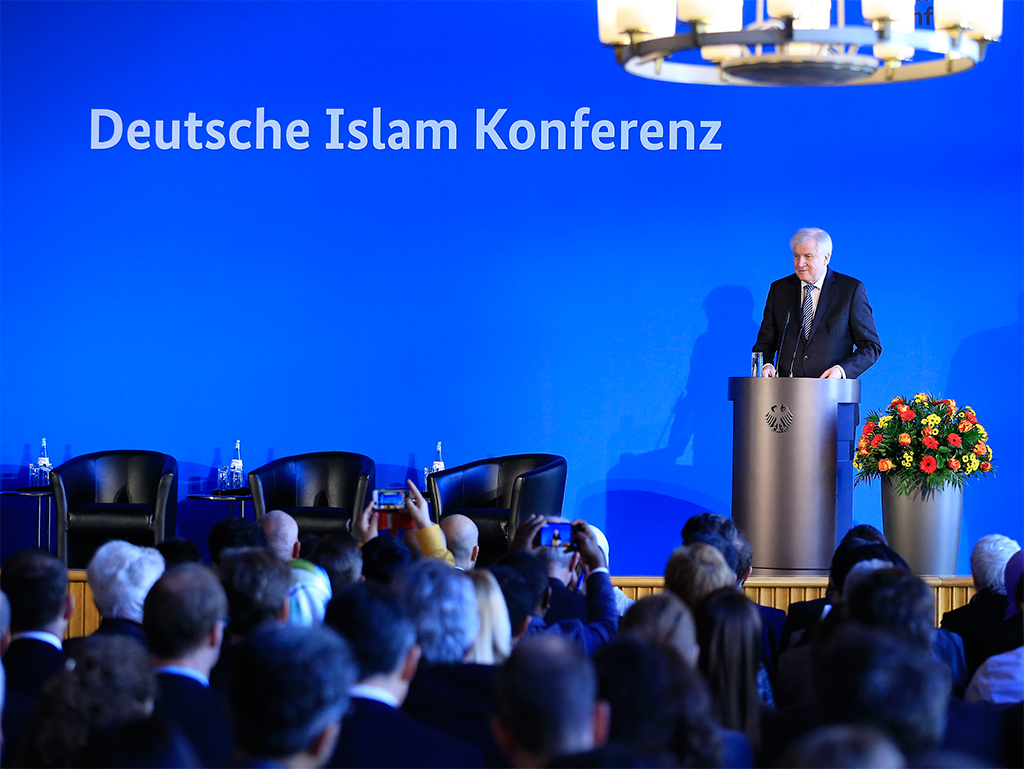The public debate on secularism in recent years has been notably less polarized. As a matter of fact, secularism has not been a source of tensions in Turkish politics for quite some time. Still, reactions to the Prime Ministry's decision to allow public servants to take time off for Friday prayers shows that Turkey still has a long way to go.
The opposition responded to the new regulations in various ways. Some petitioned the courts and others, whom I call conservative Kemalists, called on the people to resist the arrangement by boycotting Friday prayers.
More interesting, however, was that from the liberal left, which has marketed itself as a pro-freedom movement since the 1990s, accusing the government of "imposing an Islamic lifestyle on the people through politics." To be fair, the same people had wrongly complained about "civilian authoritarianism" in recent years, as Turkey went through turbulent times. Crying Islamization in response to a regulation intended to challenge the old guard's Jacobin secularism, however, is a new low.
Did they really think that the government would pay lip service to liberal values by lifting the headscarf ban and leaving the rest of Kemalism's ultra-secular legacy untouched? It would appear that the liberal left had no genuine interest in challenging what they once called the destructive effects of this policy on society. Limited liberalization, they have been saying, was more than enough. The controversy surrounding the new lunch break regulations established that there were certain limits to the liberal left's confrontation with the Kemalist legacy. Shooting for the bare minimum when it comes to religious liberties, they have no intention to challenge this Jacobin brand of secularism.
Let us, however, give them the benefit of the doubt and entertain the thought that they are merely concerned about the AK Party's transformative power. For some reason, they might be opposed to this government implementing democratic reforms to address the Muslim community's demands. As such, they seek to keep the fear of Islamization alive.
Until recently, intellectuals of the liberal left were able to set the tone for public debate on any issue. By criticizing the Kemalist legacy more harshly than others, they occupied the moral high ground and persuaded conservative Muslims to push for change. When it came to defining what the post-Kemalist future should look like, however, the liberal left assumed an uncompromising stance and lost all power over the AK Party's voter base by transforming themselves from constructive critics to staunch opponents, leading to the claims of Islamization.
At the end of the day, the liberal left repeated the mistakes of the Kemalist establishment that they so harshly criticized. Whereas Kemalists reduced religion to a part of lower-class culture, the contemporary liberal left falsely believe that religious identity is a minor issue in everyday life. Having lost confidence in Turkey's secular front, liberal intellectuals cannot get their facts straight. Most recently, a talking head claimed that globalization made it impossible for Islamic countries to observe public holidays on Fridays, although the truth was just a Google search away.
[Daily Sabah, January 13, 2016]









